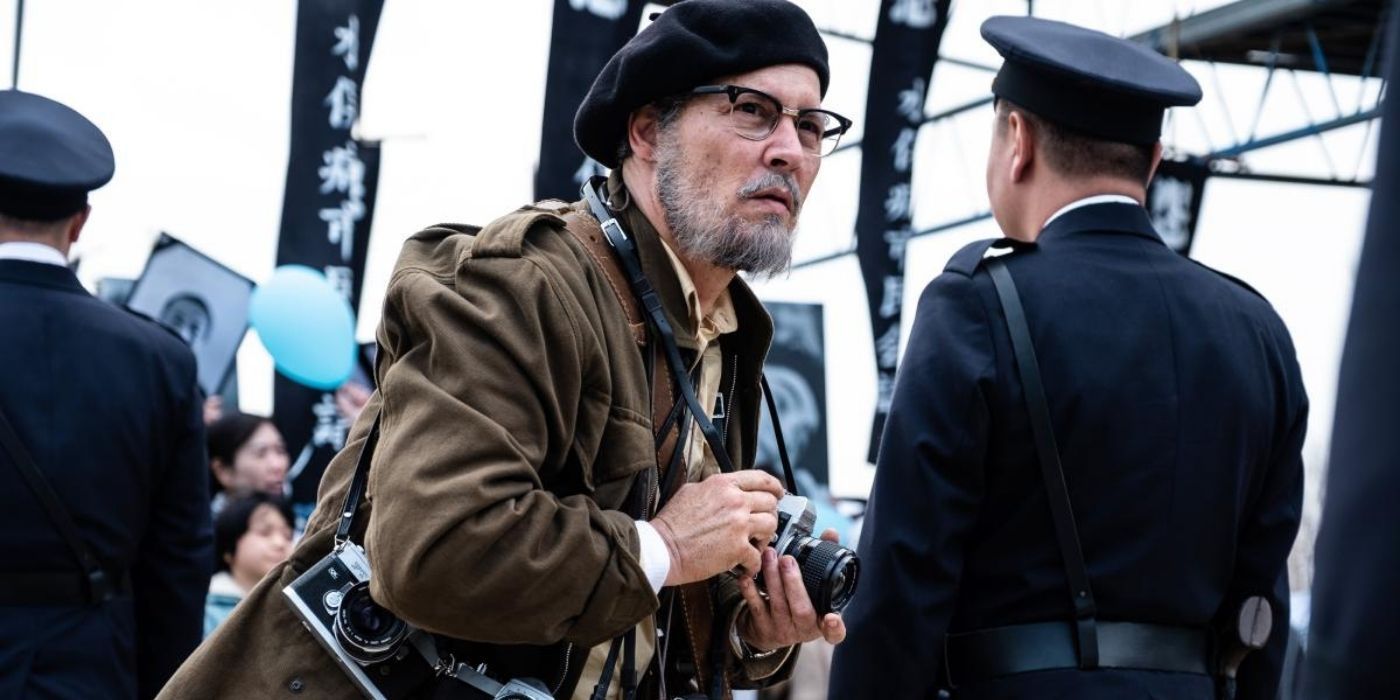Johnny Depp will soon be finally seeing an American courtroom in his $50 million defamation lawsuit that he filed against his ex-wife, Amber Heard all the way back in March of 2019, but with less than a month to go before the trial begins, the actor suffered a major legal setback on Thursday when a Virginia judge ruled that Heard be allowed to argue that the Washington Post article that she wrote about being abused by Depp was protected speech covered by Virginia state law.
This latest ruling by Virginia Judge Penney Azcarate dealt with the concept of SLAPP suits. SLAPP stands for Strategic Lawsuits Against Public Participation. It refers to lawsuits designed specifically to silence critics of an individual or an organization by forcing the critics to go to court to defend their actions. Naturally, Heard is claiming that Depp is suing her specifically to punish her for writing about his abuse of her (Heard did not actually name Depp by name in her December 2018 article, but many preliminary hearings ago, a judge ruled that it was so obvious that she was referring to Depp that the defamation case could still continue).
Virginia famously had one of the Untied States' weakest protections against SLAPP suits, which was likely why Depp filed here in the first place. Perhaps driven by that reputation, though, in the years since the suit was first filed, Virginia has amended its anti-SLAPP law to be a bit more protective. The law currently allows a person to be immune from civil liability “based solely on statements regarding matters of public concern that would be protected under the First Amendment to the United States Constitution.” However, that immunity doesn’t apply “to any statements made with actual or constructive knowledge that they are false or with reckless disregard for whether they are false.”
Depp was hoping that Judge Azcarate would rule that Heard's article was a matter of private concern, just between Heard and Depp, and not the public concern that is protected by the law. Instead, the judge allowed that it could be argued that Heard's discussion about domestic violence could be considered a matter of public concern.
Of course, Depp's lawyers still have the ability to demonstrate that Heard's statements were false. Depp previously failed in doing so in an earlier British case where the actor sued a British newspaper for calling him a "wife-beater" in an article based on Heard's article. The judge there ruled that "wife-beater" was a "substantially true" description of Depp, with the judge believing Heard's side of events.
Depp still hopes to convince an American judge otherwise, relying on evidence such as Heard possibly lying about donating her $7 million divorce settlement from Depp (one of Depp's major claims is that Heard only married him for his money and then fabricated abuse claims to get out of the marriage while getting paid and the fact that she donated the settlement was a factor in the British judge determining that she wasn't out to get Depp's money, but Depp's team thinks that Heard kept most of the settlement after claiming that she donated it all). His case got harder, though, with Heard now possibly being able to use an anti-SLAPP suit defense against Depp.
UPDATE: A source close to Depp contacted CBR to state, “This is not a major victory. Simply, it means Mr. Depp would potentially be responsible for covering her legal fees should she win - though not guaranteed. Mr. Depp has had many preliminary wins throughout this process and his team remains confident ahead of the upcoming trial.“
Source: Deadline

